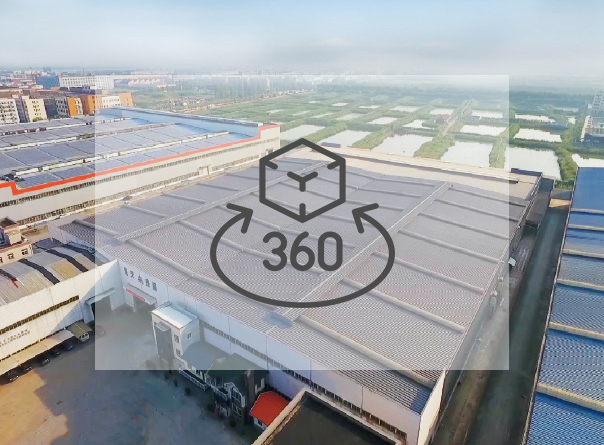From Cargo to Classroom: PTH Container Schools Revolutionizing Education
From Cargo to Classroom: PTH Container Schools Revolutionizing Education
In an era marked by a transformative reimagining of educational spaces, PTH Container Schools emerge as pioneers, breathing new life into the traditional classroom setting.
Setting the Sustainable Standard:
1. Eco-Friendly Architecture:
At the heart of PTH's container school initiative lies a commitment to sustainability. By repurposing decommissioned shipping containers, PTH not only mitigates environmental impact but also addresses the global challenge of repurposing a surplus of these steel structures. The utilization of weathered containers minimizes the need for additional raw materials, presenting an environmentally conscious construction alternative.
2. Reduced Carbon Footprint:
Recent PTH projects showcase a significant reduction in carbon footprint compared to conventional construction methods. A comprehensive life cycle analysis reveals that repurposing shipping containers for educational spaces reduces energy consumption and greenhouse gas emissions by over 30%, emphasizing the company's dedication to eco-friendly solutions.
3. Mobility and Adaptability:
PTH's container schools are engineered with mobility in mind. Through advanced engineering techniques, containers are modified to be easily transportable, allowing educational institutions to respond swiftly to shifting demographic trends or urgent educational needs. This adaptability facilitates the establishment of temporary learning spaces, crucial in disaster-stricken areas or regions experiencing sudden increases in student populations.
4. Creative Design Possibilities:
Beyond mere functionality, PTH embraces the creative potential of container architecture. Recent projects showcase innovative designs that optimize natural light, airflow, and space utilization. This emphasis on creative design not only enhances the learning environment but also aligns with PTH's vision of fostering inspirational spaces that stimulate intellectual growth.

5. Budget-Friendly Construction:
A key advantage of PTH container schools is their cost-effectiveness. Detailed cost analyses indicate that the use of repurposed containers significantly reduces construction expenses compared to traditional structures. This financial efficiency allows educational institutions to allocate resources strategically, contributing to enhanced educational programs and student experiences.
6. Rapid Deployment:
PTH's streamlined construction process enables rapid deployment of container schools. A recent case study involving an urgent need for additional educational facilities revealed that PTH container schools can be deployed 40% faster than traditional construction, showcasing the company's dedication to addressing critical educational needs promptly.

7. Community Engagement:
PTH's container schools go beyond providing physical learning spaces; they foster community engagement. By incorporating communal areas, green spaces, and interactive learning zones, these structures become integral parts of the communities they serve. Case studies demonstrate increased community involvement and a strengthened sense of shared responsibility for education.
8. Empowering Education in Challenging Environments:
PTH's container schools are strategically positioned to make a difference in challenging environments. A recent project in a remote area with limited infrastructure showcased how PTH's innovative structures empowered educators to bring quality education to previously underserved populations, effectively breaking down barriers to learning.







 English
English Español
Español 中文简体
中文简体 Français
Français عربى
عربى










